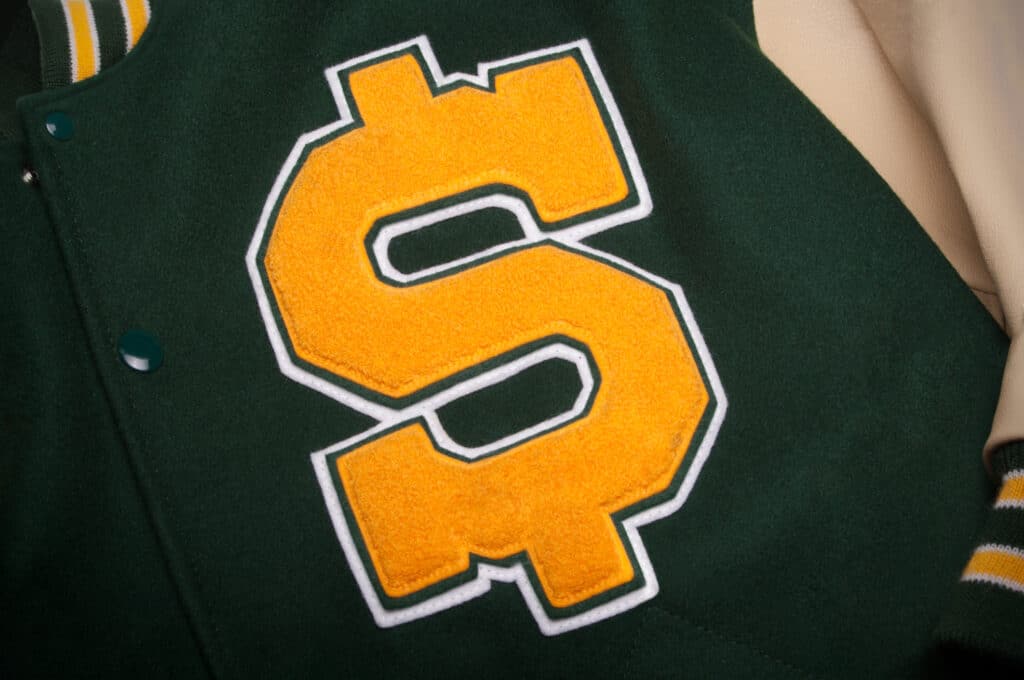On July 1, 2021 the National Collegiate Athletic Association (NCAA) changed its rules to allow collegiate athletes to earn money from the use of their Name, Image, and Likeness (NIL). While the new policy undoubtedly has most college athletes celebrating, it may also bring an unwelcome surprise –they will need to pay taxes on this new income. If an athlete is monetarily benefiting from their NIL he/she will need to file a tax return. Because most of these athletes will be first time filers, they will first need to address the issue of how to file a tax return.
Before learning how to file a tax return, it is important to understand the type of income the taxpayer will have. College athletes with NIL income will be considered to be “self-employed” taxpayers and will receive a 1099 for the earnings they make throughout the year. The 1099s will be issued by each of the various entities that provide fees to the athletes in return for the use of their name, image, and likeness. Not only are these earnings subject to regular income tax, but they also present more complex tax-related issues, such as paying self-employment tax and making quarterly estimated tax payments since taxes will not be withheld from their NIL wages. The student athletes will likely need assistance from a tax professional to make sure these items are properly addressed.
Another important consideration is the significance of these earnings to the new taxpayers. According to an article from the Business Insider, some analysts predict, “individual student athletes could make anywhere from $500-$2 million a year off of their NIL.” In cases where athletes have earnings toward the higher end of that range, it may be beneficial to set up an LLC to enable them to report the income on Schedule C of their tax returns. By reporting income on Schedule C, the taxpayer can deduct expenses that would otherwise go unnoticed, as noted in Accounting Today. For example, if an athlete incurs out-of-pocket costs to travel to an event related to an NIL contract, those expenses would be deductible on Schedule C. Or, if the athlete hires a CPA to prepare his/her tax return due to the various complicated issues involved, those fees can be deducted as well. The primary motivation of deducting such expenses is to reduce taxable income, thus, lowering the amount of taxes the taxpayer is obligated to pay.
In addition to the federal tax issues discussed above, taxpayers must also consider state filing requirements. These issues become very complicated in regard to what triggers “nexus” in a particular state. Nexus determines what business activities need to be reported to the state, and it can be based on physical presence in the state or the amount of earnings made within the state’s borders. College athletes travel to many states to play games where they will most likely also be signing autographs and appearing in commercials. These NIL activities may trigger nexus in certain states, requiring the athletes to file multiple state tax returns. It is important to understand the requirements of each state taxing authority to ensure compliance with respective laws and regulations.
Despite the challenges first-time filers might face due to this new income, the benefits of the NIL opportunity should not be overshadowed. As a former Division III baseball player, I understand the difficulty of maintaining an income source while also being a full-time student-athlete. The NCAA ruling has made it possible for these individuals to maintain their hectic lifestyles while also benefiting from their performance on the field, court, and pitch. However, with this additional opportunity, comes more responsibility – to comply with all applicable federal and state tax requirements. It is crucial for any collegiate athlete benefiting from the new NIL rules to be properly educated and be advised about filing their tax returns, especially if this is their first time. If you have questions relating to NIL income or other taxation issues, please reach out to Grossman Yanak & Ford LLP at 412-338-9300.






